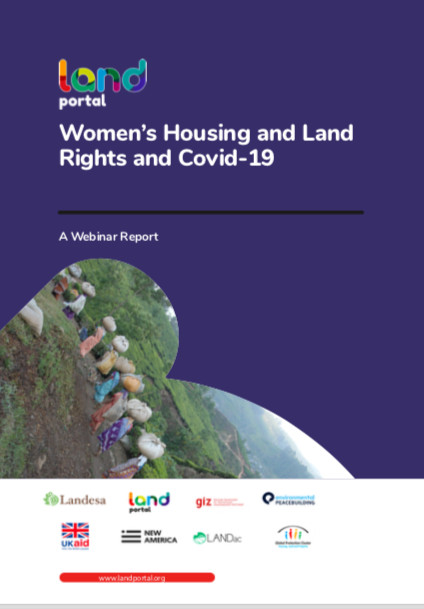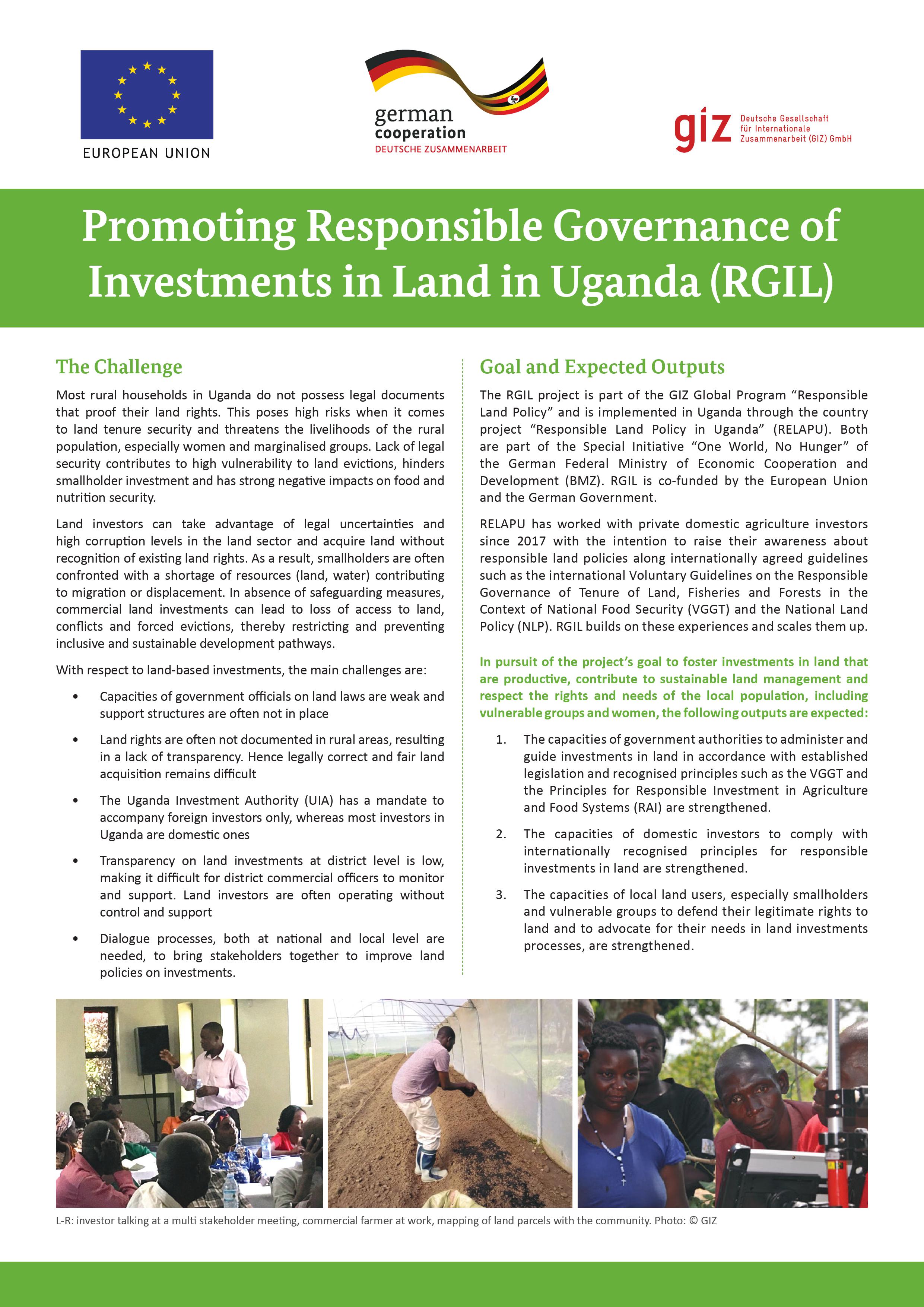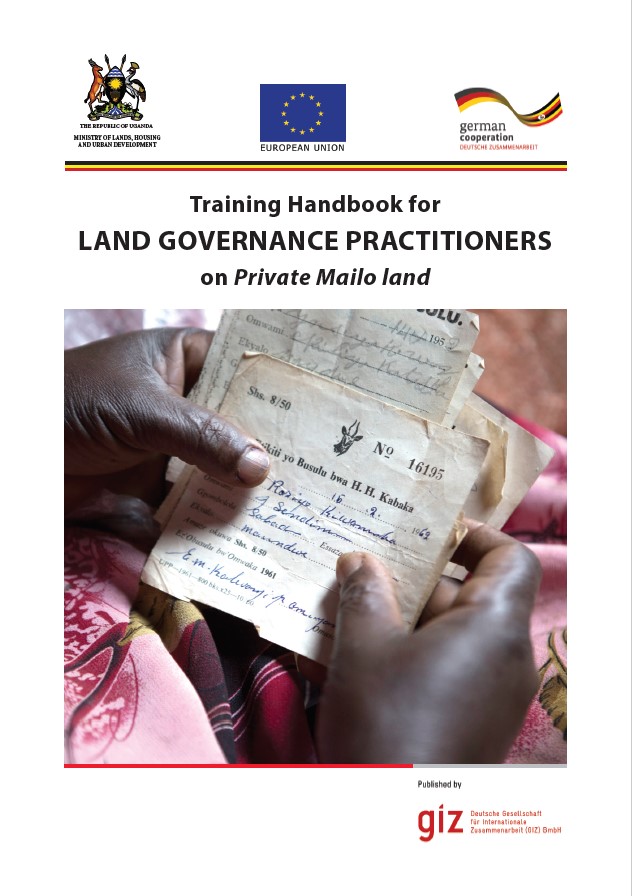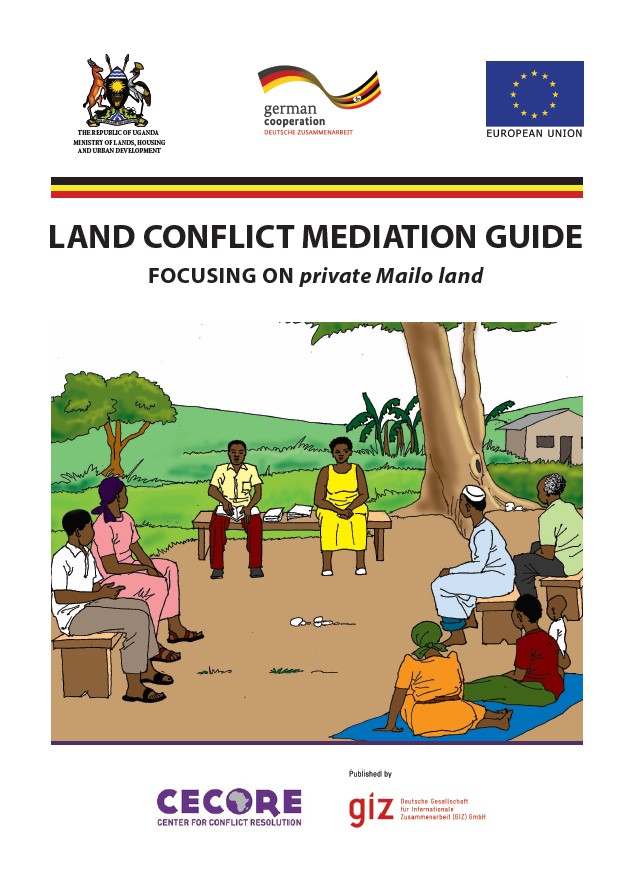Location
As a service provider in the field of international cooperation for sustainable development and international education work, we are dedicated to shaping a future worth living around the world. We have over 50 years of experience in a wide variety of areas, including economic development and employment promotion, energy and the environment, and peace and security. The diverse expertise of our federal enterprise is in demand around the globe – from the German Government, European Union institutions, the United Nations, the private sector, and governments of other countries. We work with businesses, civil society actors and research institutions, fostering successful interaction between development policy and other policy fields and areas of activity. Our main commissioning party is the German Federal Ministry for Economic Cooperation and Development (BMZ). The commissioning parties and cooperation partners all place their trust in GIZ, and we work with them to generate ideas for political, social and economic change, to develop these into concrete plans and to implement them. Since we are a public-benefit federal enterprise, German and European values are central to our work. Together with our partners in national governments worldwide and cooperation partners from the worlds of business, research and civil society, we work flexibly to deliver effective solutions that offer people better prospects and sustainably improve their living conditions.
Members:
Resources
Displaying 91 - 95 of 334Webinar Report: Women’s Housing and Land Rights and Covid-19
Rural women make up a quarter of the world’s population, but many face legal and social barriers that limit their ability to access, use and benefit from the land they tend and depend on for their livelihoods.
Promoting Responsible Governance of Investments in Land (RGIL) in Uganda
The “Responsible Governance of Investments in Land” (RGIL) project in Uganda fosters investment quality promotion to ensure that agriculture and forestry investments in land are productive, contribute to sustainable land management and respect the rights and needs of local populations, including vulnerable groups and women.
The potential of distributed ledger technologies in the fight against corruption.
Over the past two decades, academics and development practitioners have written extensively about the harmful impact of corruption on economic development and social outcomes. From an economic perspective, corruption diverts resources away from their most productive uses, acting as a regressive tax that supports the lifestyles of the elite at everyone else’s expense. Corruption undermines the legitimacy of political systems by providing the elite with alternative ways of holding on to power, rather than through genuine democratic means.
Training Handbook for Land Governance Practitioners on Private Mailo land
Knowledge of policies on land governance not only improves the way issues pertaining to land rights are handled; but also minimises waste of time and money lost on land conflict.
This Training Manual is a practical handbook to be used by trainers on land governance on private Mailo land. It contains several methods and approaches for content delivery carefully crafted to improve understanding and appreciation of the laws governing Mailo land.
Land Conflict Mediation Guide - Focusing on private Mailo land
Land in Uganda is a delicate resource that has caused many conflicts over the past years. About 80% of pending court cases in the country relate to land today. Looking at the country’s violent history, a rising population and increasing impact of climate change on agriculture productivity, land rights in Uganda are contested to this day. Land conflicts are either within communities, family structures or between individuals and external players such as investors.





